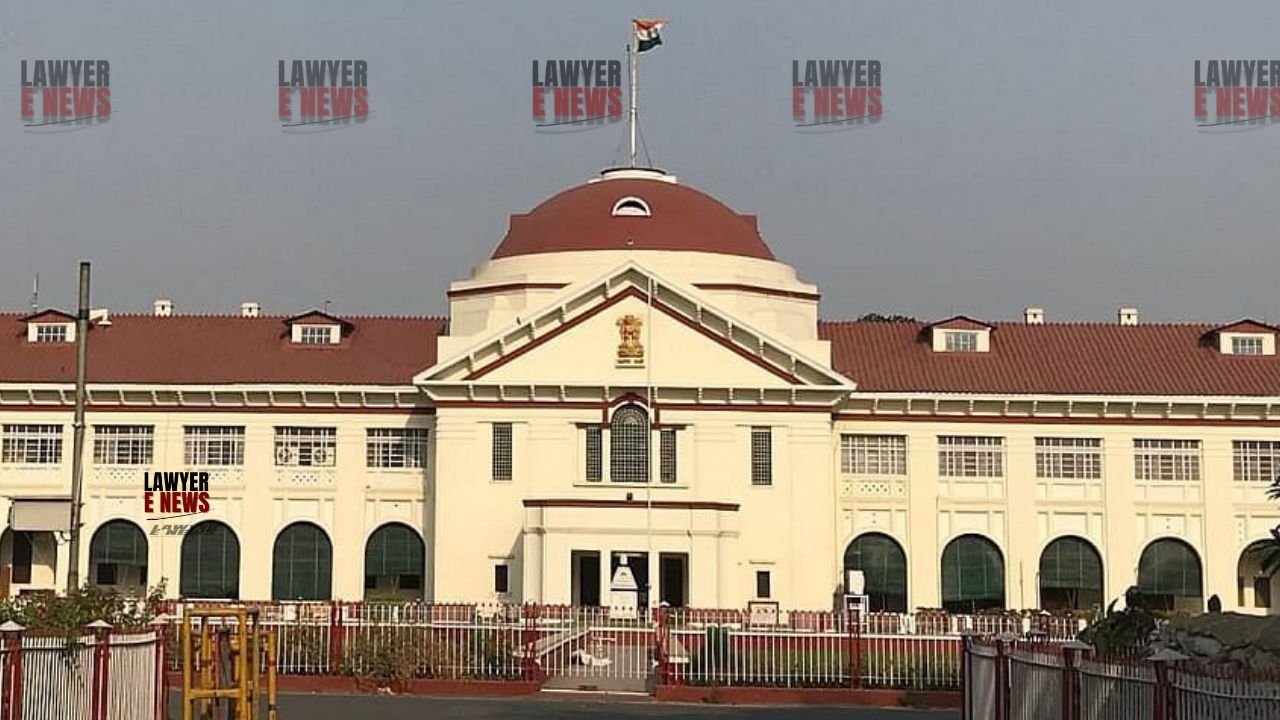-
by Admin
15 February 2026 2:16 AM



The Patna High Court has dismissed an appeal challenging the acquittal of an accused under the Protection of Children from Sexual Offences (POCSO) Act. The Division Bench, comprising Justices Ashutosh Kumar and Jitendra Kumar, upheld the trial court's decision, citing significant contradictions in the prosecution's case and the lack of corroborative medical and forensic evidence.
The case arose from an incident on May 12, 2017, in the village of Malahi, Sitamarhi District, Bihar. The 14-year-old victim alleged that her neighbor, Sanjiv Kumar Singh, entered her home when she was alone and forcibly raped her. Her father reportedly caught the accused in the act, leading to his immediate apprehension by villagers and subsequent arrest by the police. The accused was charged under Sections 376 (rape) and 506 (criminal intimidation) of the Indian Penal Code, and Sections 4 and 12 of the POCSO Act, 2012.
During the trial, however, the Sessions Court acquitted the accused, finding that the prosecution had failed to prove the charges beyond a reasonable doubt. The victim and her family appealed the acquittal, leading to the present decision by the Patna High Court.
The High Court noted that the medical examination of the victim revealed no external injuries or signs of recent sexual activity, which contradicted the allegations of a violent assault. The court also pointed out that the seized clothing was not sent for forensic examination, depriving the prosecution of potential evidence that could have supported the victim's claims. "The absence of corroborative medical evidence in a case of this nature creates significant doubt," the court observed.
The court highlighted several contradictions in the testimonies of the prosecution witnesses. For instance, the victim's father claimed that he broke down the door to enter the room where the assault occurred, while the victim testified that her father entered quietly. Moreover, the Investigating Officer's statement that the room had no door at all further complicated the narrative.
The bench reaffirmed the principle that in cases of acquittal, the appellate court must give due weight to the trial court's judgment. It emphasized that an acquittal strengthens the presumption of innocence, which should not be overturned unless the trial court's view is manifestly unreasonable. "In light of the contradictions and the lack of decisive evidence, the benefit of the doubt rightly belongs to the accused," the court ruled.
Justice Jitendra Kumar, writing for the bench, remarked, "The view taken by the trial court is reasonable and based on a proper appreciation of the law and evidence. There is no scope for this Court to interfere by supplanting that view with another."
The Patna High Court's decision to uphold the acquittal underscores the judiciary's commitment to the principle of reasonable doubt in criminal cases, particularly in the sensitive context of sexual offenses under the POCSO Act. The judgment serves as a reminder of the high standard of proof required in such cases, where even minor contradictions in evidence can lead to an acquittal.
Date of Decision: September 3, 2024.
Soni Kumari & Anr. vs. State of Bihar & Anr.
